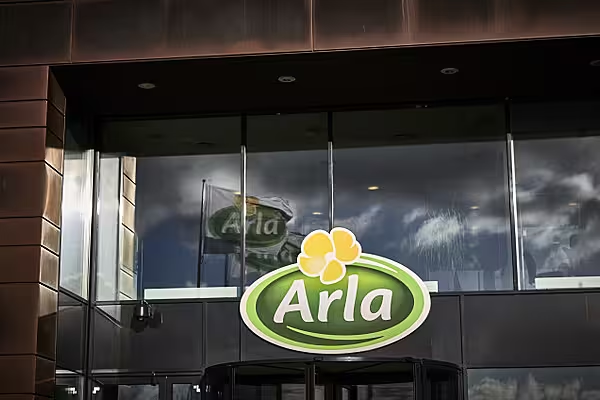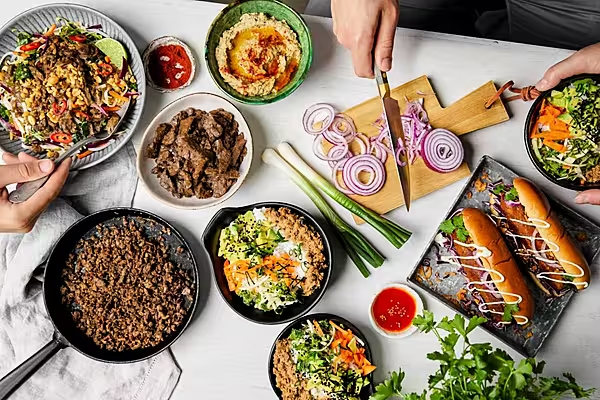When it comes to M&A, food companies can no longer be couch potatoes and they know it. They're on the move -- whether it be for mega-mergers to cut costs and enhance profit, or for newer, growing brands that will meaningfully reverse a trend of stagnating sales.
Danone, a $47 billion dairy company looking at flat revenue this year, snapped up one of the most desirable targets in the space with a $12.5 billion deal this week for WhiteWave Foods and its fast-growing Silk line of milk alternatives. That followed last week's news that chocolate-bar maker Hershey is being stalked by Oreo maker Mondelez. Other notable transactions include frozen-food company Pinnacle Foods' purchase of Boulder Brands in January to add natural and gluten-free products, and a host of deals recently for smaller brands such as ThinkThin protein bars and Wallaby Yogurt.
This flurry of transactions tells us a lot about the future of the food industry -- and how concerned some of these companies are about it. They're finally embracing the fact that consumer tastes (driven by millennials) have changed, with the focus now on healthy-ish stuff and also convenience. It's touching every part of the food industry, which is why we're seeing so many deals regardless of the product category. Still, some are more vulnerable than others:
Globally, the food industry struck more than $300 billion of mergers and acquisitions since the start of 2014. Last year, which holds the annual record, was when Heinz and Kraft Foods combined to create a $109 billion behemoth. Even after that massive transaction, it's likely Kraft Heinz Co. -- backed by Warren Buffett's Berkshire Hathaway and private equity firm 3G Capital -- will attempt another big deal (my best guess is General Mills).
The benefits of those mega-mergers -- mainly scale and synergies-- won't be as enduring as the growth that will come from many of the somewhat smaller transactions, such as Danone's WhiteWave purchase. And this next chart shows why. The bigger packaged-food companies are skewed toward conventional products, whereas the up-and-comers were early movers in organic and natural:
This also means the tables are turning in M&A negotiations. Particularly attractive sellers are in the driver's seat and are pushing for high valuations. Also, as fellow Gadfly Shelly Banjo wrote Thursday, the deal-fueled rally in food stocks (both potential buyers and potential sellers) may not be sustainable because fundamentals are no longer reflected in these rich prices. Even so, don't expect the M&A activity to slow down any time soon. These food giants still have gaping holes to fill, and they've got the cash to do it.
This column does not necessarily reflect the opinion of Bloomberg LP and its owners.
News by Bloomberg, edited by ESM. To subscribe to ESM: The European Supermarket Magazine, click here.














